Dictionary
Accurate
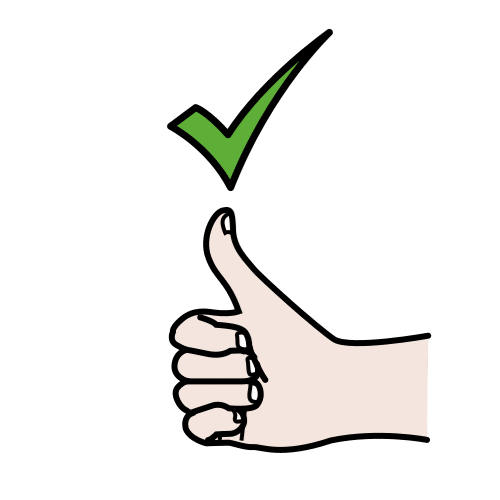
- Spanish word:
-
Preciso, exacto
- Audio:
Assessment
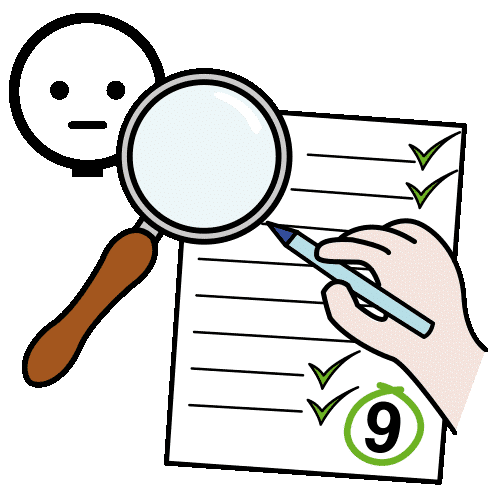
- Spanish word:
-
Evaluación
- Audio:
Mirror (noun)
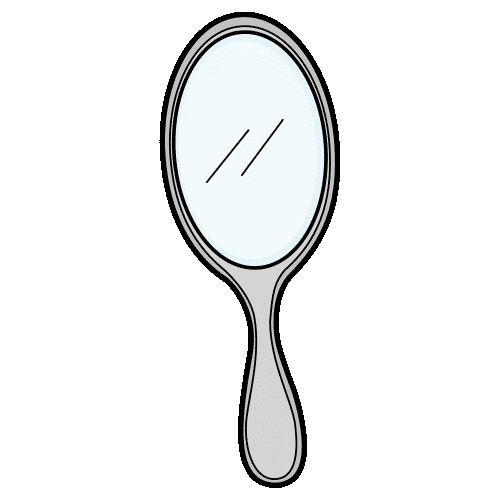
- Spanish word:
-
Espejo
- Audio:
Mirror (verb)
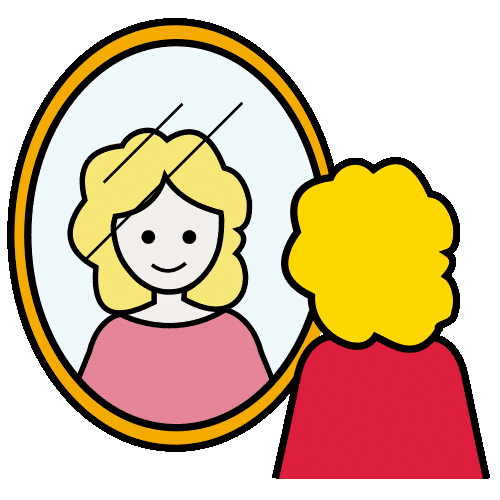
- Spanish word:
-
Reflejar
- Audio:
Observe
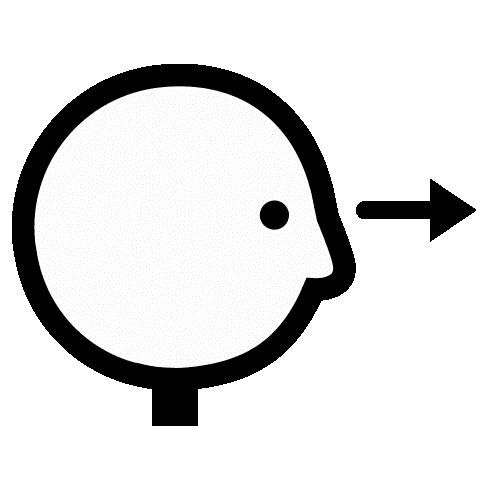
- Spanish word:
-
Observar
- Audio:

Preciso, exacto

Evaluación

Espejo

Reflejar

Observar

In the previous section, we worked with emotions. Emotions are the first element of your report called “Your Profile as an Interlocutor”. In this report you will describe in detail your personal style of communication.
So… emotions come first. And what comes second? This activity called “The Mirror” will allow you to explore the different elements that are present in conversations and you will need to decide which four you would like to work on.

A surface, normally a glass, that reflects a clear image.
Una superficie, normalmente un vidrio, que refleja una imagen clara.
Example:He looked at himself in the mirror.
Se miró en el espejo.
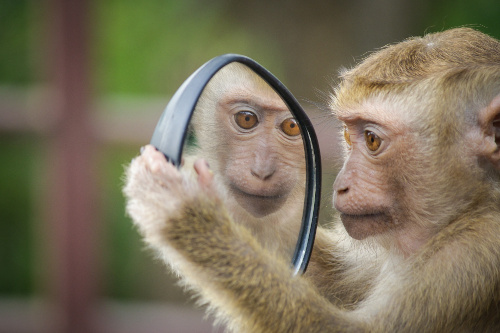
Mirrors help us see things that the others can see but we can´t. For example, everybody can see your nose all the time but you can only see it if you look at yourself in a mirror. This activity will give you the opportunity to pay attention to things that we usually don´t see or observe. Click on the tab “First Part” and get ready to look and have a laugh.
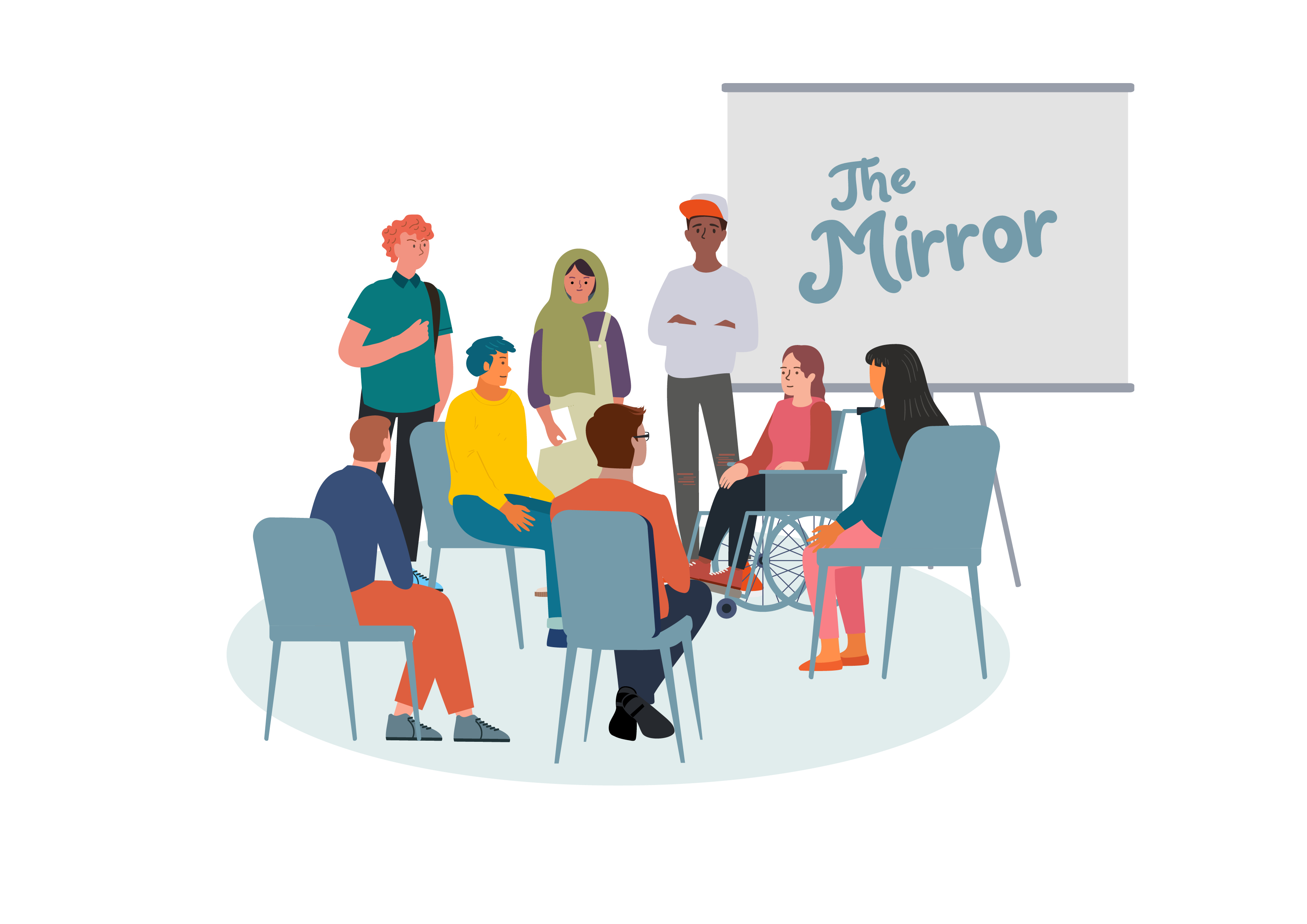
Now it´s time to share your notes with the rest of your group. Decide on three things that the mirroring pair imitated well, two things that the mirroring pair didn´t imitate so well and one thing the mirroring pair forgot to imitate.
Try to give these things a name, a name that describes them.
Use the worksheet “The Mirror” to write down your conclusions. When you´re finished, you will share your results with the rest of the groups.
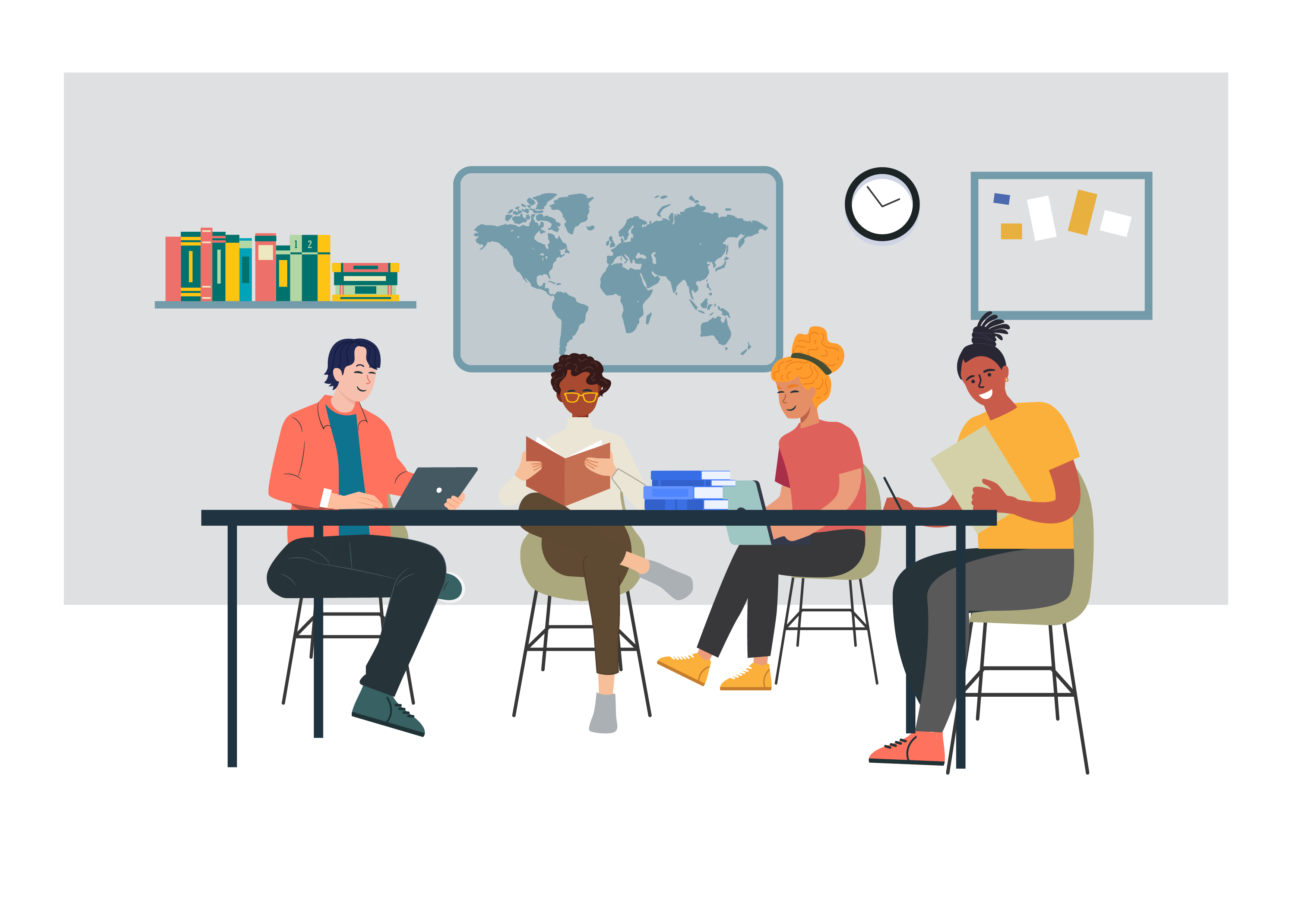
You will work together with other classmates in a new group. In the previous group, you discussed the different elements that were imitated in the conversations. You also gave them names. Now you need to have a discussion in your group in order to make a decision: Which four elements can help you become a better interlocutor? You would include these four elements in your Profile as an Interlocutor, as well as your emotions.
When you´re finished, share your results with the rest of the class.

When you make a task without making a mistake or act with care and precision.
Cuando realizas una actividad de manera correcta o actúas con cuidado y precisión.
Example:The witness gave an accurate account of the case.
El testigo dio un relato preciso del caso.

To look at details with attention.
Mirar con atención los detalles.
Example:Artists like to observe the world around them to get ideas for their work.
A los artistas les gusta observar el mundo que los rodea para obtener ideas para su obra.
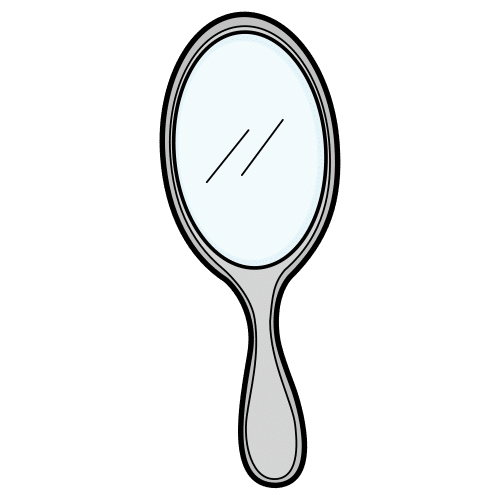 We can only see our own image in a mirror.
We can only see our own image in a mirror. You participate in the game as an actor or actress.
You participate in the game as an actor or actress.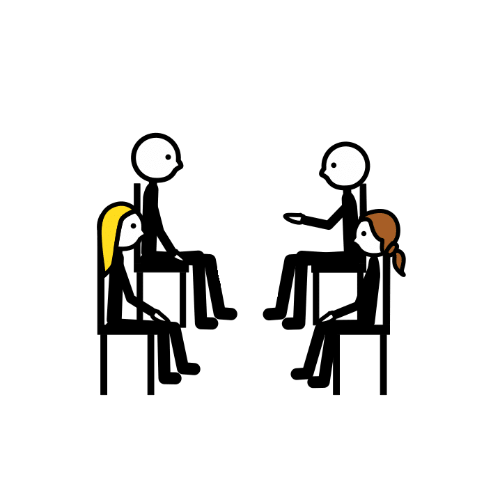 a. In pairs, face to face.
a. In pairs, face to face.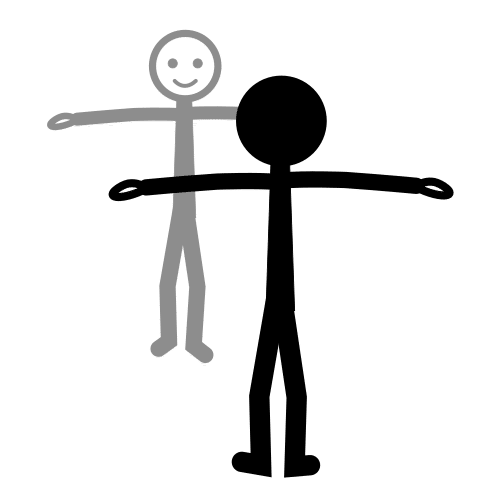 b. Imitate your partner.
b. Imitate your partner.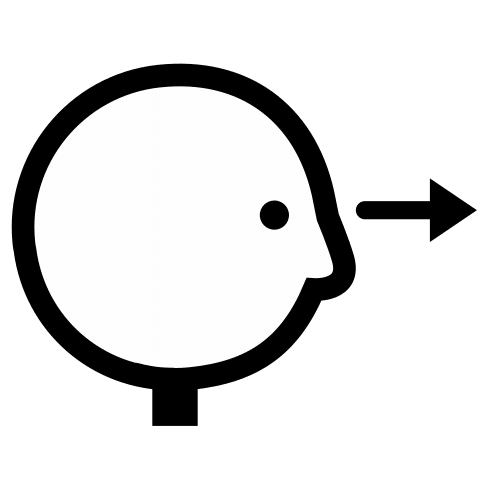 You participate in the game as an observer.
You participate in the game as an observer.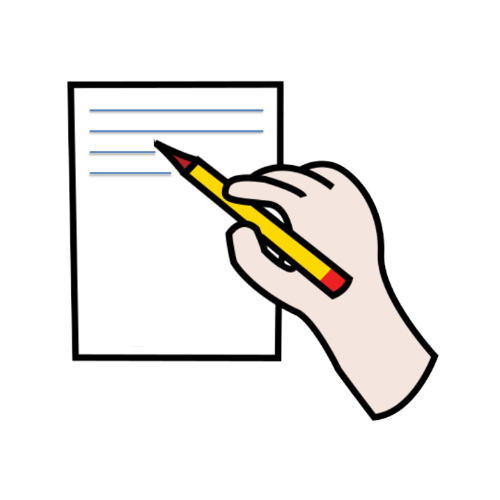 Fill in the worksheet “The Mirror”
Fill in the worksheet “The Mirror”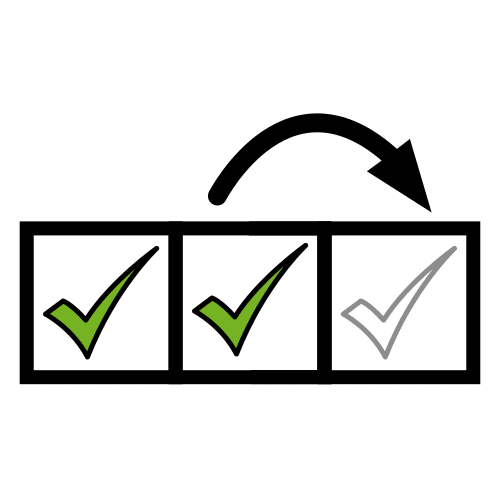 Repeat the game with another two pairs of classmates.
Repeat the game with another two pairs of classmates.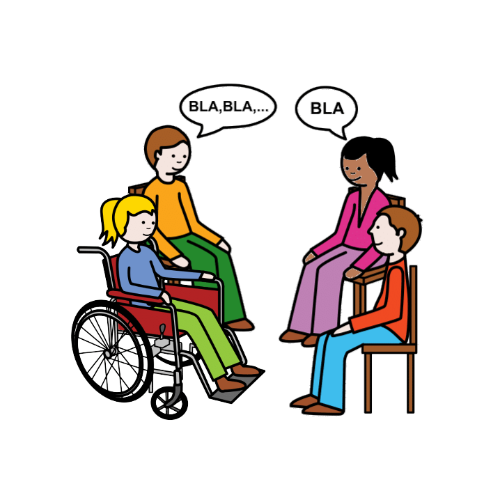 Share your notes with your classmates.
Share your notes with your classmates. Fill in the group discussion table.
Fill in the group discussion table.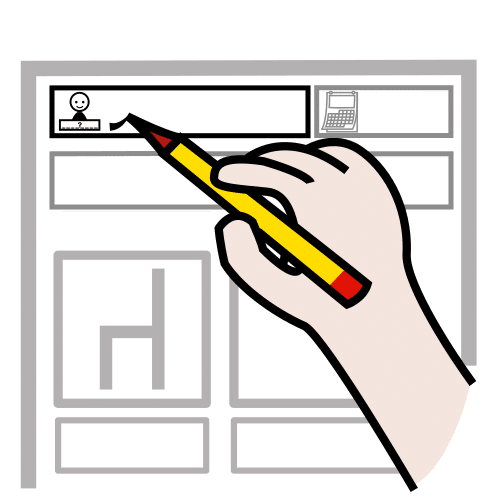 Give a name to the elements in the table.
Give a name to the elements in the table.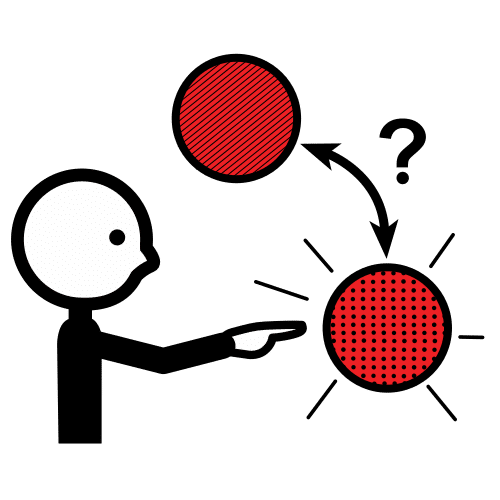 In groups, make a decision.
In groups, make a decision.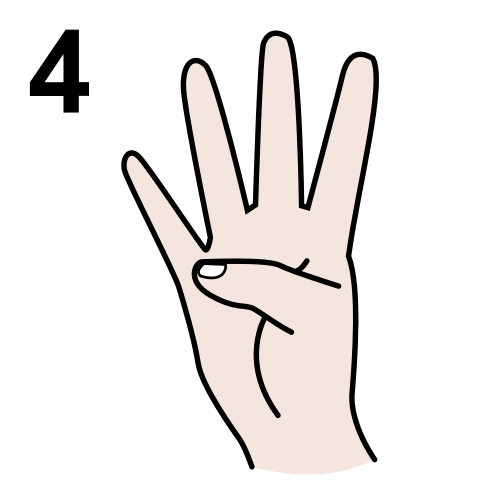 Which four elements would you choose to become better interlocutors?
Which four elements would you choose to become better interlocutors?Names help to identify things. Name the things you have imitated during the activity. Remember to use one or two words before the name.
For example: raised brows, wide open mouth, negative emotions, etc.
Los nombres ayudan a identificar las cosas.
Pon nombre a los aspectos que has imitado durante la actividad.
Recuerda usar una o dos palabras antes del nombre.
Por ejemplo: raised brows, wide open mouth, negative emotions, etc.
It's time to assess your participation in this section. Use the Assessment Target to do that.
How did your exploration go?
If you have done all these things, it means it went quite well.

The action of evaluating someone or something.
La acción de evaluar a alguien o algo.
Example:Traditionally assessment had been carried out by the teacher.
Tradicionalmente, la evaluación la realizaba el profesor.
Licensed under the Creative Commons Attribution Non-commercial Share Alike License 4.0